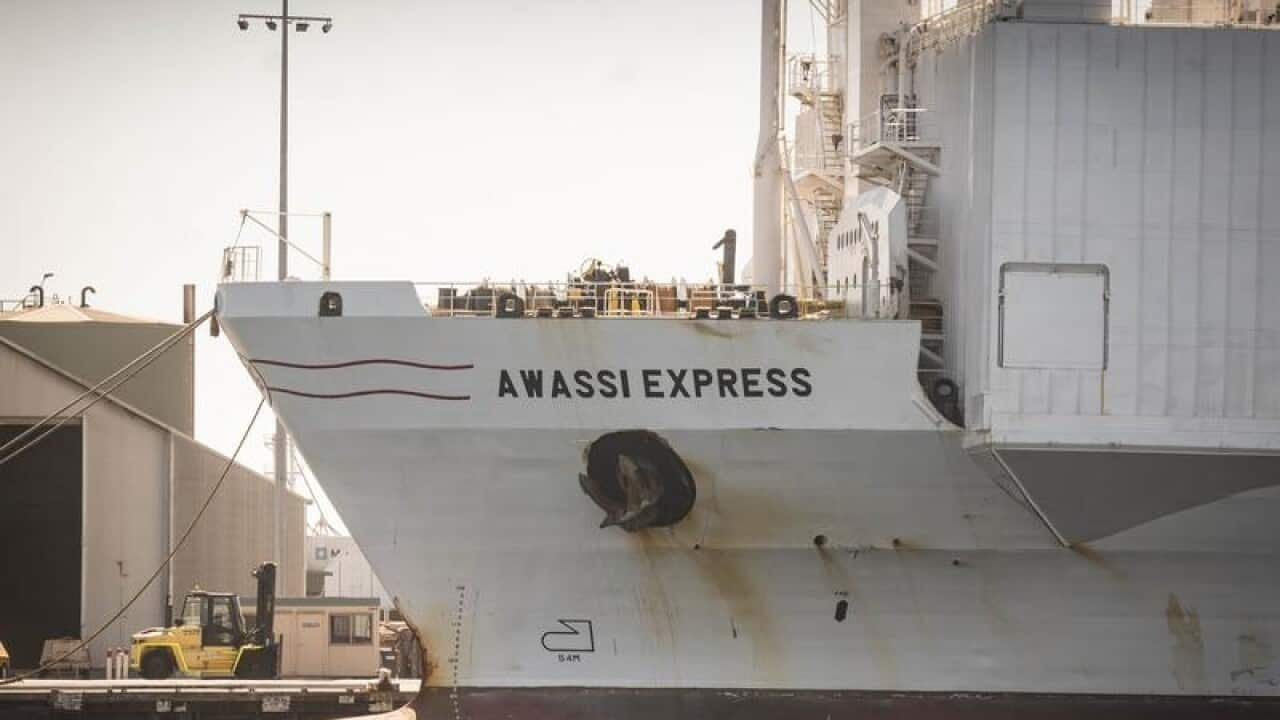The export company embroiled in a live trade furore after thousands of its sheep died on a voyage to the Middle East is once again exporting the animals.
There were calls to suspend or end live exports earlier this month after a broadcast showed an August voyage on the Awassi Express on which 2400 sheep died in filth and extreme heat.
The Awassi was cleared to resume operations last week after ventilation improvements, but Emanuel Exports is instead using the Al Messilah to ship about 70,000 sheep and 12,000 cattle.
That vessel has its own chequered history with more than 3000 sheep dying from extreme heat in 2016 when it was also chartered by Emanuel Exports.
Managing director Graham Daws admitted the industry would not stand for another incident like the Awassi voyage, which was caused by a "catastrophic weather event", and maintained nobody was to blame for the deaths.
"But it cannot possibly happen again," he told ABC radio.
Opposition Leader Bill Shorten accused the Perth-based company of trying to "fob off" the industry and public as it continued to deny responsibility for the deaths.
"I don't think it's satisfactory anymore ... to say 'well that was a one-off incident and will never happen again'," Mr Shorten told reporters.
He reiterated his party's calls for shipments to be suspended while a federal review into the industry is underway, despite the fallout from the Gillard government's 2011 halt in sending cattle to Indonesia.
"We think it's foolish just to wave through ongoing shipments till you've got to the bottom of the problem," Mr Shorten said.
Stop Live Exports campaign manager Katrina Love said the group supported a temporary ban on live exports until findings from the federal review were handed down.
Ms Love said the Al Messilah was "one of the worst ships operating out of Australia" and made similar comments about Emanuel Exports.
Another controversial livestock carrier, the Bader III, is expected to dock at Fremantle port late on Friday.

